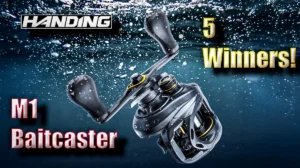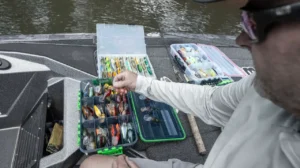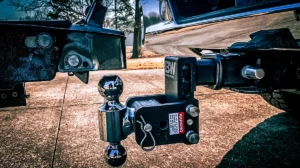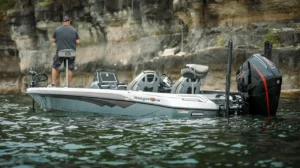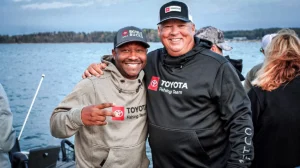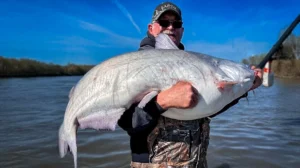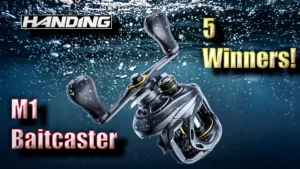In the span of less than two years, collegiate bass fishing has veritably exploded, with numerous organizations now offering a collegiate tournament circuit. That means hundreds of young men (and women) can now begin chasing their dreams of becoming a professional angler much younger than ever before. That’s the good news.
The bad news is that, for these young anglers to take advantage of this great opportunity, they must work to attract sponsorship, which is a job unto itself. Between truck, boat and tackle expenses, tournament fishing, even at the collegiate level, can run into thousands of dollars each year. And while many work part-time jobs and can sock away a sizeable portion to cover such expenses, most will fall way short in the pursuit of their dream.
What It Takes
I get a couple dozen emails each month from college bass team anglers, and in every case they all want to know the same thing: “How do I get sponsorship?” The one thing I always say is to “Respect the competition.” By that I mean they must understand that hundreds of young, talented sticks are on the prowl for the same things, so to get noticed, it takes more than a resume and solid tournament credentials.
It takes sales skills.
I’m not talking about selling yourself. I’m talking about being able to sell products for your sponsors. Roll your eyes all you want, but unless you can guarantee tournament wins ( and know that you can’t), the primary currency you have with sponsors is in being an adept spokesperson for their brands. You need the sponsor; The sponsor needs you—if you can sell.
Why That’s Important
It’s no secret that companies are looking to go younger when it comes to sponsoring pros. The move is being driven by the market. The numbers show that the next crop of bass anglers (college-age, avid bass anglers) pay more attention to anglers who are closer to their age bracket. So, when a young angler wins a tournament or debuts a new products, other young anglers pay more attention than they would if, say, the winning angler was in his 40s or 50s.
As one longtime pro staffer informed me in July, “No one notices when an old-timer wins. They don’t move the needle. But if a young angler like Brandon Card or Brandon Palaniuk does well with your product, you can see movement.” And by movement, he means sales.
The Next Step
Armed with this information, a change of approach is needed, and here’s how to go about it:
1. Network, network, network. No one likes to hear this, but folks don’t want to know you until they know something about you. That’s why reaching out to friends and acquaintances to connect you with folks at potential sponsors is invaluable. These marketing and pro staff managers are inundated with emails, phone calls and resumes. But a fresh face recommended by someone you both know gives you a leg up. Also, by working through a third party, it highlights initiative, something that will come in handy down the road.
2. Volunteer. One of the best ways to get a foot in the door is through volunteering to work shows, tournaments or other events. You likely won’t be paid for these, so local events might be your only option, but they’ll have a chance to see you in action and be able to determine whether you’ll be a good fit or not. I cannot overstate the importance of volunteering. It’s like auditioning for a job, placing yourself one step closer to your goal.
3. Sell them, not you. I too often hear that many young pros have out-sized egos, which are perfect for accompanying their overzealous requests. Spend less time trying to sell “Brand You” and more time highlighting your ability to sell your potential sponsor’s brands. You’ll have plenty of time to hone your branding skills, but only if you prove to be a savvy salesman, less interested in self-promotion than in being a great asset.




